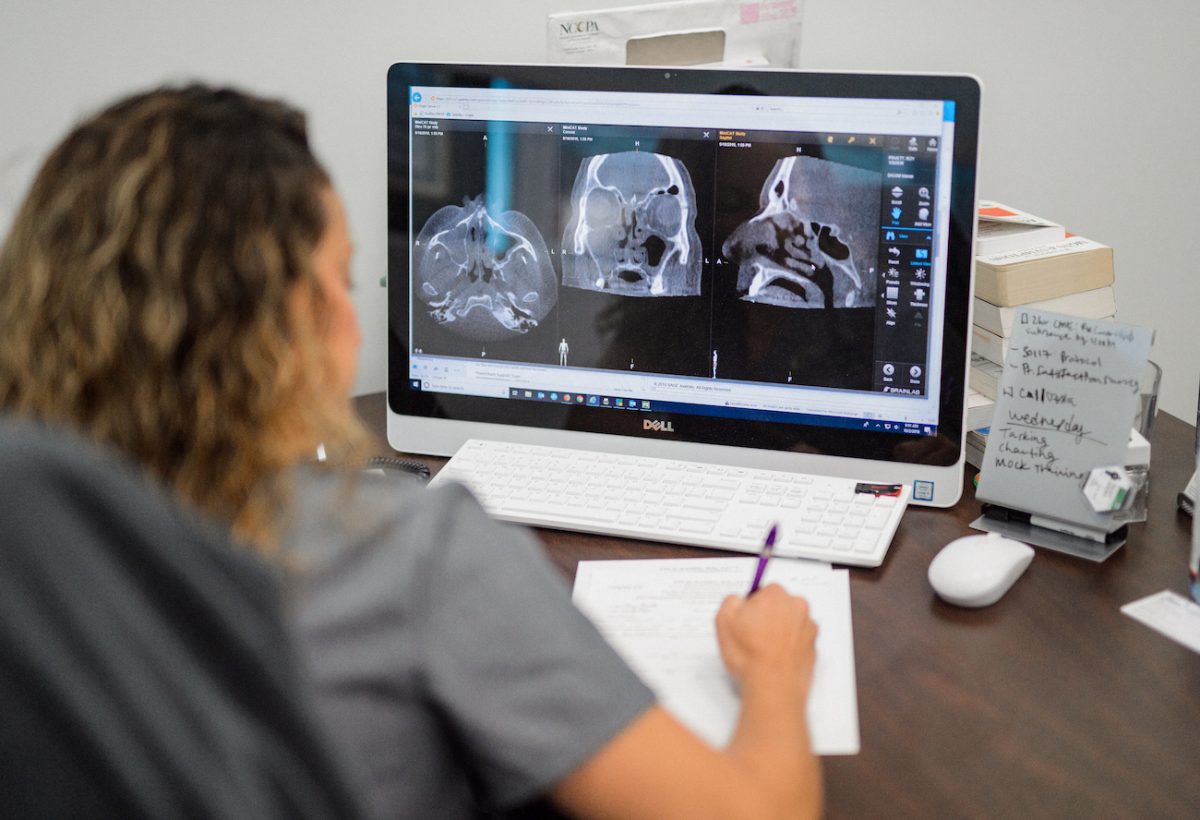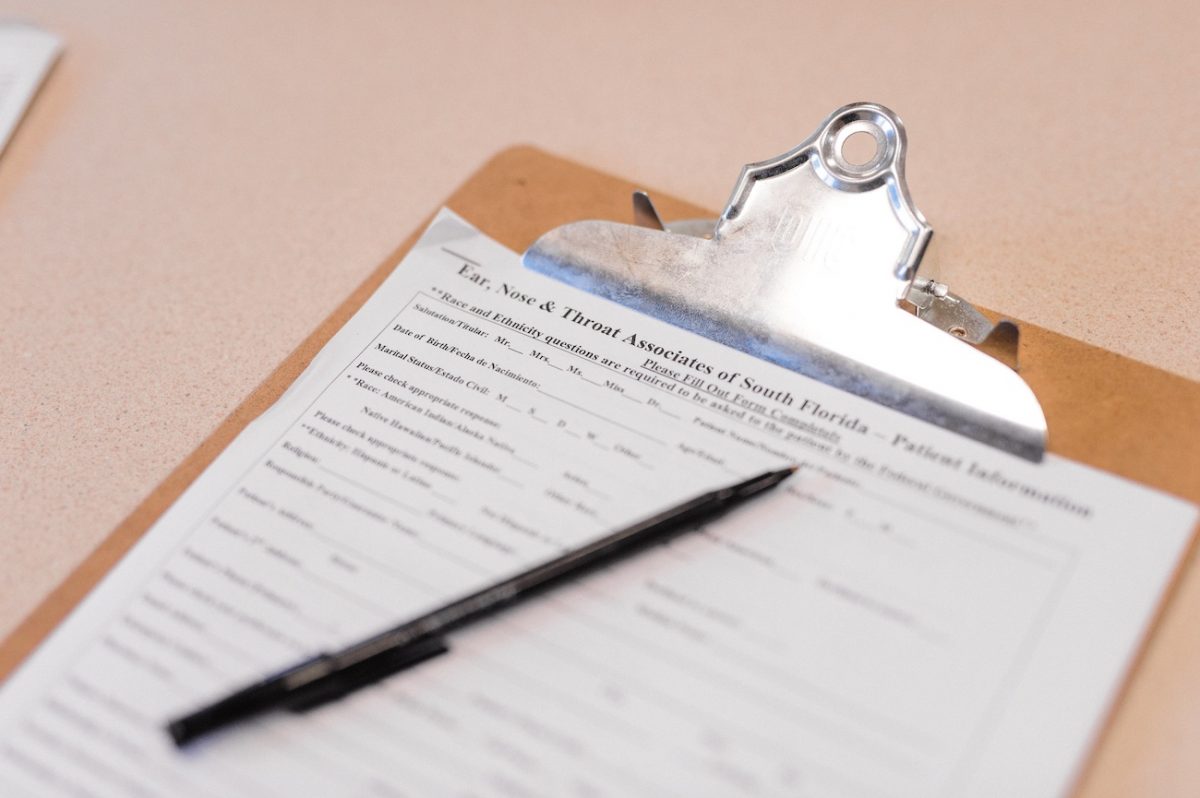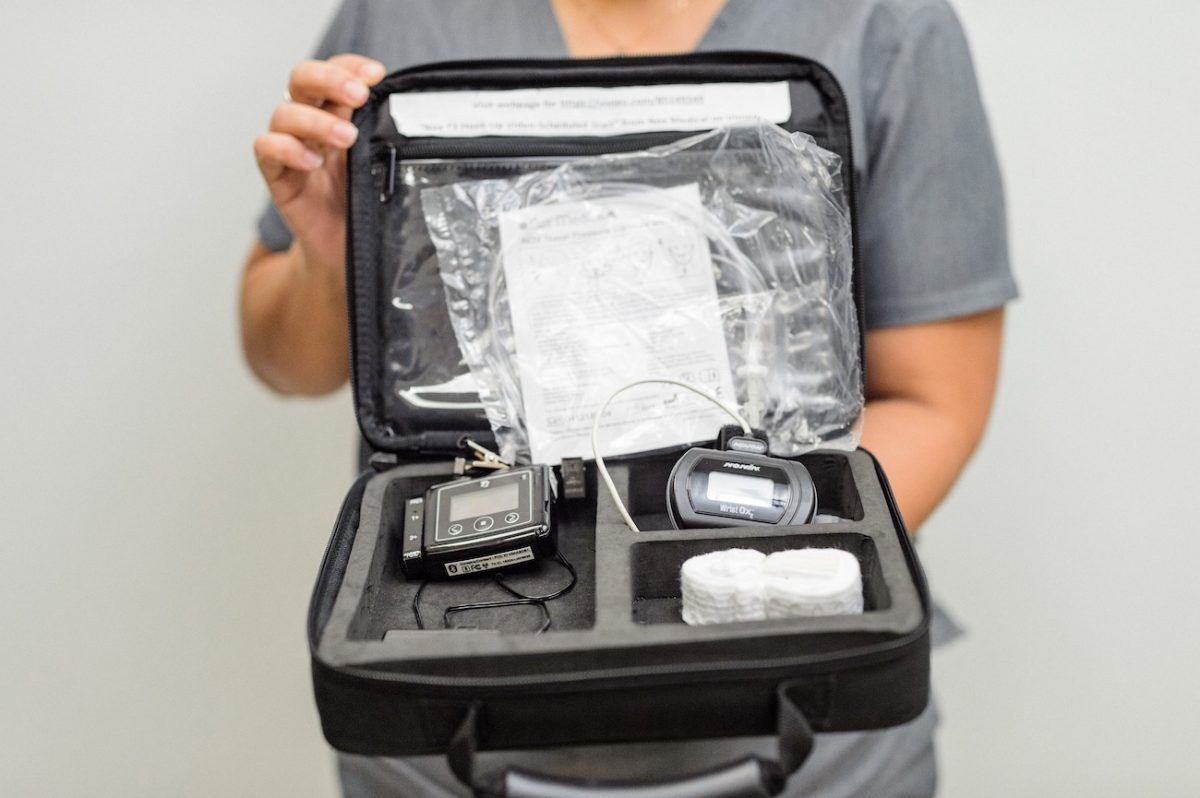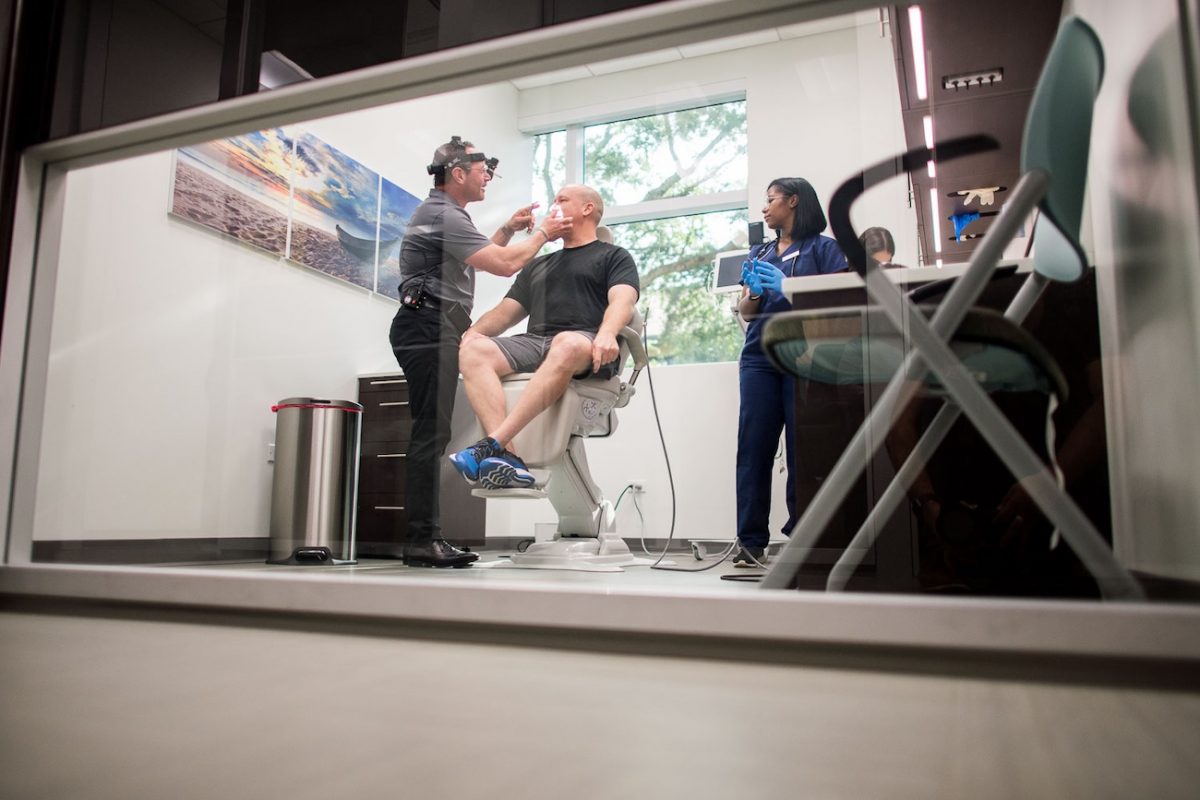
CPAP machines and the invasion of privacy
How would you feel if your webcam recorded you without your knowledge then shared that sensitive information with others?
Quite uncomfortable, we would imagine. Probably so uncomfortable as to encourage you to tape over your webcam to prevent further invasions.
Now imagine, if a medical device manufacturer was covertly recording your sleeping habits and sharing that information with your insurance provider so they could curtail your medical insurance coverage?
This sort of privacy invasion may sound like it could only exist in dystopia science fiction stories, but it is actually happening in the real world today.
In November 2018, NPR reported that CPAP machines are secretly recording and sharing data recovered during sleep with patients’ insurance providers. This gives insurance companies access to sensitive personal information, which they are subsequently using against those who rely on a CPAP machine for a healthy night’s sleep.
As we read the NPR report, there was one quote in particular that carried immense weight. That “doctors and providers aren’t in control of medicine anymore.”
And we thought, well, Dr. Mandel still is…
But how? How is Dr. Mandel so distinguished from other practicing physicians?
In short, he does not need to rely on CPAP or any other potentially invasive technology in order to treat your OSA or chronic snoring.

CPAP, Privacy, and the Medical Insurance Gambit
CPAP machines are one of the most common treatments for patients suffering from Obstructive Sleep Apnea (OSA). This condition is marked by constant waking throughout the night due to a lack—or complete absence—of airflow.
According to the American Sleep Apnea Association, an estimated 22 million Americans suffer from OSA. A large number of these patients, however, go undiagnosed and therefore never receive the treatment they need to prevent regular drowsiness and exhaustion. In fact, the long-term impact on people suffering from OSA is significantly more worrisome than exhaustion. If left undiagnosed or untreated, OSA can lead to heart attack, hypertension, chest pain, stroke, central obesity, and diabetes.
If you think you or your partner are suffering from Obstructive Sleep Apnea, consult Dr. Mandel. Following an in-office evaluation and based on your unique test results, Dr. Mandel may provide an at-home sleep testing kit for a more thorough investigation of your condition.
And don’t worry. At Florida Sinus & Snoring Specialists, we have always—and will continue to—put our patients first. So, rest assured that all information gathered during your evaluation will remain between you and your doctor.
Speaking of privacy…
Health insurers have adopted a new tactic in order to spike the costs of CPAP devices and replacements, almost pricing this treatment out of reach for many patients.
Privacy experts agree that sharing this type of personal data with insurance companies is allowed under Federal law. And most patients actually consent to it [against their knowledge, that is].
Legal or not, sharing data collected by CPAP—a lifesaving treatment for millions—is becoming a bad habit for insurance companies, and it is leading to underhanded coverage. The effects of this have reflected in shifting the costs of this widely used therapy on unsuspecting patients.

How They Do It
Firstly, the data collected from a patient’s CPAP machine and shared with their insurance provider is graded.
- By whether or not a patient is using their CPAP machine
- By how regularly a patient uses their CPAP machine
- By the duration of use
In fact, patients insured under Medicare, have to show their insurers proof of consistent use in the first 3 months or they may have to pay out of pocket. This is controversial as many patients struggle working an uncomfortable CPAP machine into their nightly routine.
Additionally, data shared also reveals whether or not a patient is using their CPAP machine as prescribed. And apparently many aren’t. Data shows that roughly 1/3 of CPAP patients use their device incorrectly.
The Insurance Gambit
Every day, millions and millions of Americans pay for medical insurance. We do so for protection from extreme financial burden in the event of an accident, emergency, or illness.
But, in the case of CPAP [provided by select insurers], patients would save a significant amount of money if they were uninsured.
Basically, patients can get a better deal on their CPAP machine, hoses, filters, and mask without insurance.
Not only do insurers charge patients more money for the device and replacement tools than what it costs to get from a secondary provider, but they also require that many patients first pay their deductible. For a therapy that costs around $2,000 annually, those with a $5,000 deductible [which is very common] end up paying out of pocket for their treatment every single year while still burdened with the cost of paying for insurance coverage.
The Outcome
The outcome of these insurance tactics and personal information sharing have created a secondary burden on patients suffering from OSA.
Most patients believe they face two options:
- Absorb the financial stress for the sake of a restful night’s sleep
- Forsake treatment due to an inability to pay for it
We’re here to tell you that Dr. Mandel offers a third option.

Dr. Mandel created a new surgical technique he refers to as MIPS (Minimally Invasive Palatal Stiffening), which corrects the causes of OSA and dramatically increases the quality of airflow.
MIPS is a one-time procedure performed in-office under IV sedation at Florida Sinus & Snoring Specialists in Plantation and Fort Lauderdale. The surgery takes approximately 3 minutes and can be combined with a Minimally Invasive Nasal Procedure to guarantee that obstructed airways remain open throughout the night.
Dr. Mandel invented the MIPS procedure because CPAP machines aren’t suitable for many patients. Not only are they hard to implement into nightly routines, they are uncomfortable and only effective on certain patients. The MIPS procedure, however, can be tailored to benefit most patients regardless of anatomical makeup or medical history.
If you or your partner use a CPAP machine and want to continue sleeping soundly, but without the uninvited spy in the bedroom, then speak with Dr. Mandel to see if a MIPS procedure is right for you.
In just one visit you could be free of insurance upcharges and sleep better than you ever would with a CPAP machine at your bedside.
